Bruce Harrell is a lawyer who served on the Seattle City Council from 2007 to 2019. As a Black and Japanese American candidate who has worked in both the public and private sector, Harrell's campaign is focused on rebuilding relationships in city hall and in the community.
Harrell’s approach to addressing homelessness is overly reliant on private charity and nonprofit partnerships with the city. While well-intentioned, it's unlikely that charitable donations could close the huge gap in funding needed housing and services. He would create a program where residents could make tax-deductible donations to support homelessness outreach and would lead a campaign to increase philanthropic support for supportive housing.
Harrell stated in a candidate forum that he would sweep encampments from parks by January or February, but doesn't address the current reality that such sweeps simply push people elsewhere given the lack of housing options. He has promised there will be "consequences" if people are offered housing and don't take it, despite the fact that available housing can accommodate only a fraction of the city's homeless population.
Harrell is critical of the movement to redirect police funding into other strategies to promote community safety but does support increasing funding for non-law enforcement community wellness efforts. Especially compared to González's thoughtful plan, his approach seems more limited and personality-based. He stated that he would lead the Seattle Police Department in a culture change. The former council member intends to personally hire officers looking to be “change agents” and will not be afraid to critique officers. Harrell says that he will use data from the Race and Data Initiative to address discrimination in housing, policing, and more. Compared with González's plan, Harrell's proposal would lead to relatively modest reforms to policing in Seattle.
Similar to his plan on housing, Harrell intends to seek the support of foundations and the private sector to make health service programs more affordable. While he supports focusing development around light rail stations, he has not made any commitments on changing the zoning for affordable housing.
Like González, Harrell has served on the city council but he does not have a track record of being a force for change. His risky reliance on unstable private funding for affordable housing and homelessness and his personality-driven approach to police reform would be insufficient to solve two of the city's biggest challenges.
Bruce Harrell is a lawyer who served on the Seattle City Council from 2007 to 2019. As a Black and Japanese American candidate who has worked in both the public and private sector, Harrell's campaign is focused on rebuilding relationships in city hall and in the community.
Harrell’s approach to addressing homelessness is overly reliant on private charity and nonprofit partnerships with the city. While well-intentioned, it's unlikely that charitable donations could close the huge gap in funding needed housing and services. He would create a program where residents could make tax-deductible donations to support homelessness outreach and would lead a campaign to increase philanthropic support for supportive housing.
Harrell stated in a candidate forum that he would sweep encampments from parks by January or February, but doesn't address the current reality that such sweeps simply push people elsewhere given the lack of housing options. He has promised there will be "consequences" if people are offered housing and don't take it, despite the fact that available housing can accommodate only a fraction of the city's homeless population.
Harrell is critical of the movement to redirect police funding into other strategies to promote community safety but does support increasing funding for non-law enforcement community wellness efforts. Especially compared to González's thoughtful plan, his approach seems more limited and personality-based. He stated that he would lead the Seattle Police Department in a culture change. The former council member intends to personally hire officers looking to be “change agents” and will not be afraid to critique officers. Harrell says that he will use data from the Race and Data Initiative to address discrimination in housing, policing, and more. Compared with González's plan, Harrell's proposal would lead to relatively modest reforms to policing in Seattle.
Similar to his plan on housing, Harrell intends to seek the support of foundations and the private sector to make health service programs more affordable. While he supports focusing development around light rail stations, he has not made any commitments on changing the zoning for affordable housing.
Like González, Harrell has served on the city council but he does not have a track record of being a force for change. His risky reliance on unstable private funding for affordable housing and homelessness and his personality-driven approach to police reform would be insufficient to solve two of the city's biggest challenges.
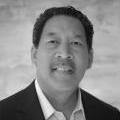





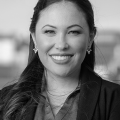
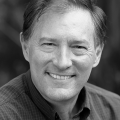
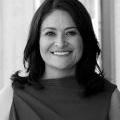
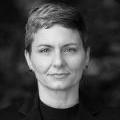

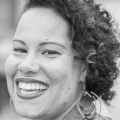

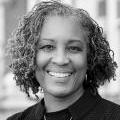
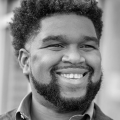
Because of a Tim Eyman initiative, the Legislature is required to submit any bill it passes that closes tax loopholes or raises revenue to a nonbinding advisory vote. The Legislature had a historically productive 2021 session, resulting in several advisory votes appearing on the ballot. We hope the Legislature will change the law to remove these meaningless measures in the future.